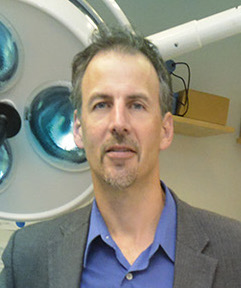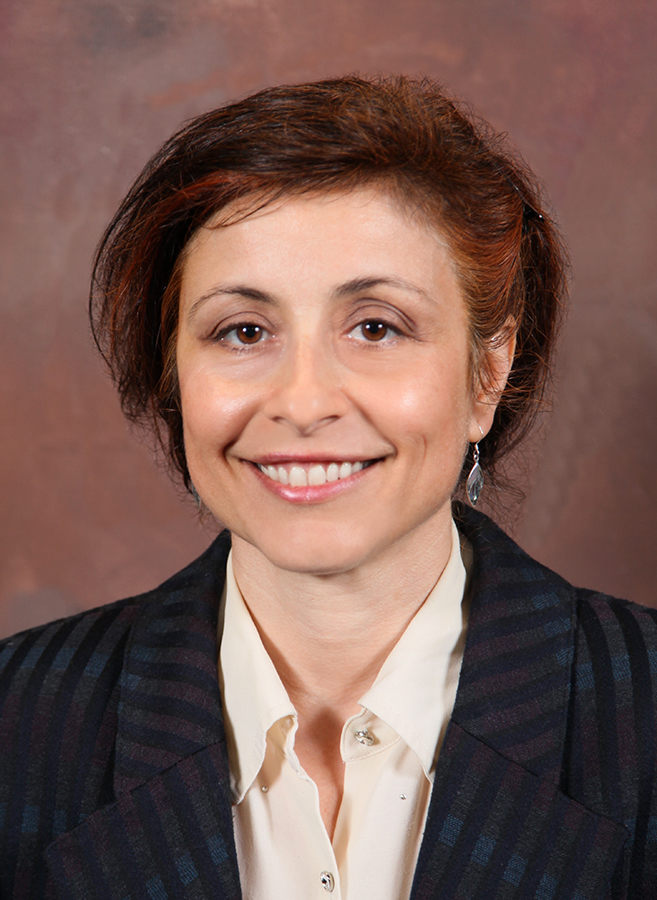
Investigates role of cholinergic systems in memory function, and how it is altered by diseases like schizophrenia and Alzheimer's Disease as well as toxins that are found in the environment such as organophosphate insecticides.

Investigates signal transduction mechanisms, mostly associated with Galectin-3 and Nox4 which is involved in Pulmonary Hypertension (PH).

Studies role of availability of L-arginine for NOS in the cardiovascular dysfunctions in diabetes, hypertension, obesity and other diseases involving oxidative stress and inflammation. The group investigates the involvemtn of altered arginase expression and activity.

Our lab focuses on macrophage biology in atherosclerosis.


Our lab focuses on oxidative stress and copper transporters in vascular metabolic disease.

Our lab focuses on the role of endothelium and reactive oxygen and nitrogen species in cardiovascular disease.


Investigates neurobiological mechanisms underlying addiction and its comorbidities.

Nevin A. Lambert, PhD
706-721-6336
Investigates structure and function of G-protein-coupled receptor (GPCR) signaling complexes. His work uses biophysical methods such as resonance energy transfer and confocal imaging in living cells to investigate receptor quaternary structure and receptor-G protein coupling.

Our lab focuses on novel therapies for pulmonary edema.

Investigates the rules and mechanisms governing information transfer between neurons, which are essential processes to provide instructions for locomotion and motor coordination. Research utilizes CRISPR/Cas9 gene editing tools in tandem with optical imaging strategies to interrogate the molecular architecture underlying neuronal signal decoding logic.

Marco Orecchioni, PhD
706-721-0944

Investigates molecular basis of organ function changes following injury and the influence of aging using a multidisciplinary approach. His research is currently focused on mitochondrial alterations and immune regulation following hemorrhagic shock towards identification of molecular mechanisms and therapeutic targets.

Investigates regulation of the cardiovascular system by intrinsic daily oscillations/rhythms (a circadian rhythm). Examines gene transcription factors Bmal1 and Clock as the molecular basis of these rhythmic patterns and vascular dysfunction.

Our lab focuses on protein quality control in cardiac disease.

Investigates the regulatory mechanisms of pulmonary circulation and lung injury and repair. The focus is on three areas: protein-protein interaction in lung endothelial signaling, calpain in hypoxic pulmonary vascular remodeling and angiogenesis, and lung injury and repair in tobacco smoke exposure.

Our studies focus on the identification and characterization of molecular targets of brain injury after intracerebral hemorrhage, a fatal stroke subtype employing both genetic and pharmacological approaches.

Uses a multilevel approach to investigate forebrain networks involved in encoding and consolidating of memories for emotional events in models of anxiety and impaired cognitive flexibility with special focus on individual differences. The lab has created an animal model of susceptibility for developing Post-Traumatic Stress Disorder.


Studies G protein-coupled receptor (GPCRs) trafficking, particularly anterograde transport of nascent receptors to the functional destinations en route from the endoplasmic reticulum and the Golgi apparatus. Also investigates the role of G protein-mediated signaling in cancer biology.

Investigates smooth muscle biology. In particular, the transcriptional control of vascular smooth muscle differentiation and phenotypic modulation. These studies are central to the management of vascular disease.